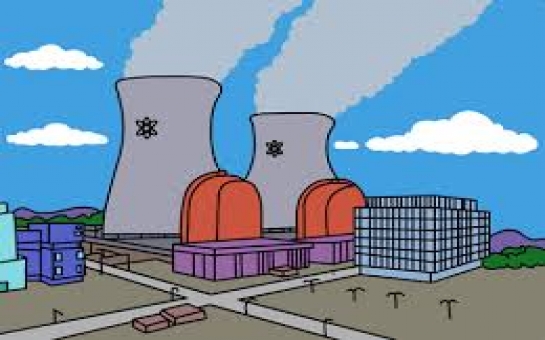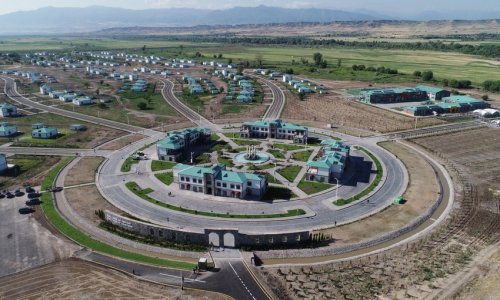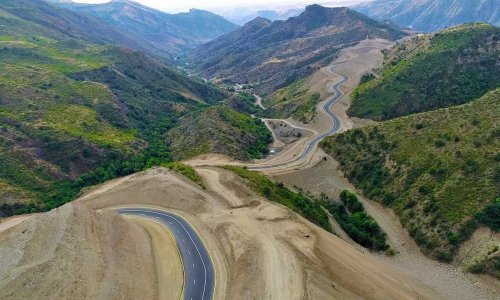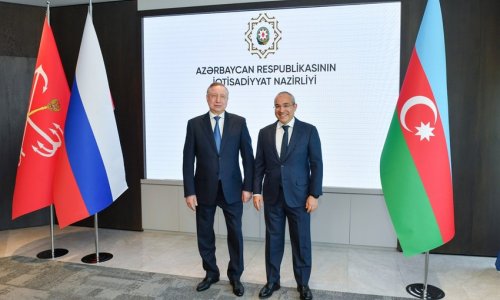The authorities have signalled that they have renewed their commitment to developing nuclear technology.
Azerbaijan's president, Ilham Aliyev, signed a decree on May 8 establishing a National Centre for Nuclear Research, which will recommence work on the development of the country's nuclear sector.
The authorities have revived plans to construct a small nuclear reactor at the centre. The reactor was first commissioned during the Soviet period, but suspended in the wake of the Chernobyl disaster. The authorities hope to complete the plant within three to four years, an ambitious target given previous delays to the project and the extent of the construction work required.
Discussions regarding the possible resumption of the nuclear-power plant scheme began in 2009. However, work stalled and the project was eventually suspended in November 2013.
Azerbaijan has permission from the International Atomic Energy Agency to build a 10-15 MWe reactor at its nuclear research institute. The country has previously signalled that it wishes to build a larger reactor with a capacity of 1,000-1,500 MWe.
The larger nuclear-power plant would be located near the capital, Baku. There is likely to be opposition within Azerbaijan. Ecologists have argued that a nuclear-power plant should not be built because around two-thirds of the country is located in an earthquake zone.
In addition, they argue that Azerbaijan lacks the technological know-how to deal effectively with nuclear waste and the risks associated with operating the plant.
Finally, environmentalists argue that the construction of a nuclear plant is unnecessary, owing to the country's extensive oil and gas reserves and because the size of the proposed plant will not significantly change the country's energy mix.
The test reactor will have little impact on the structure of Azerbaijan's electricity generation, which is largely derived from gas. If built, the larger reactor would increase the country's electricity generation capacity by around 20% compared with the 2014 level, which the EIU estimates at 6,800 MWe. This could allow the country to expand its electricity exports to Georgia and Iran, which currently account for just under 20% of total generated energy.
Alternatively, it could reduce the relative share of gas in its domestic energy mix, freeing up more for export to Turkey and Europe.
However, it is highly unlikely that the larger plant will be constructed within the forecast period.
(Economic Intelligence Unit)
Bakudaily.az











